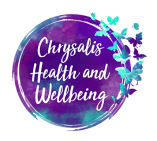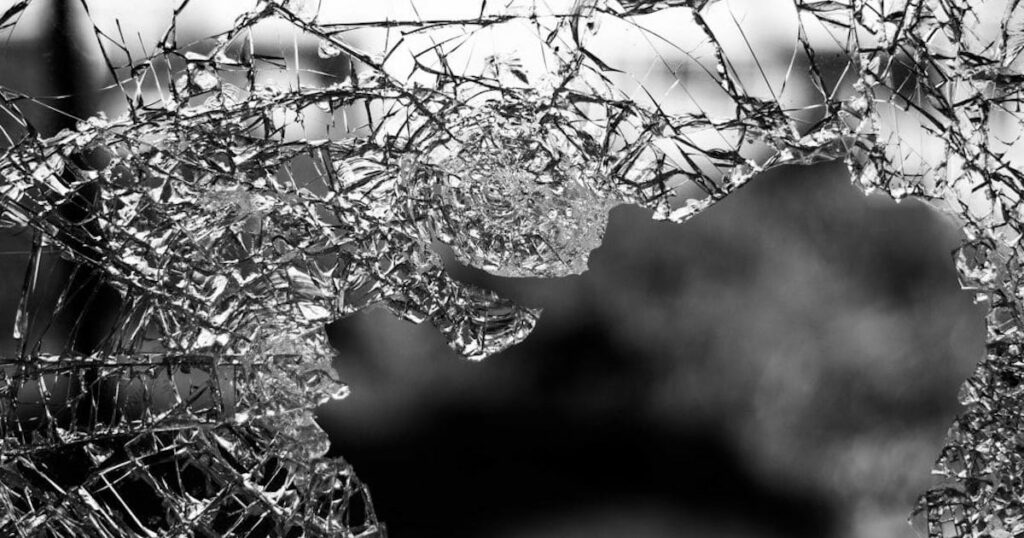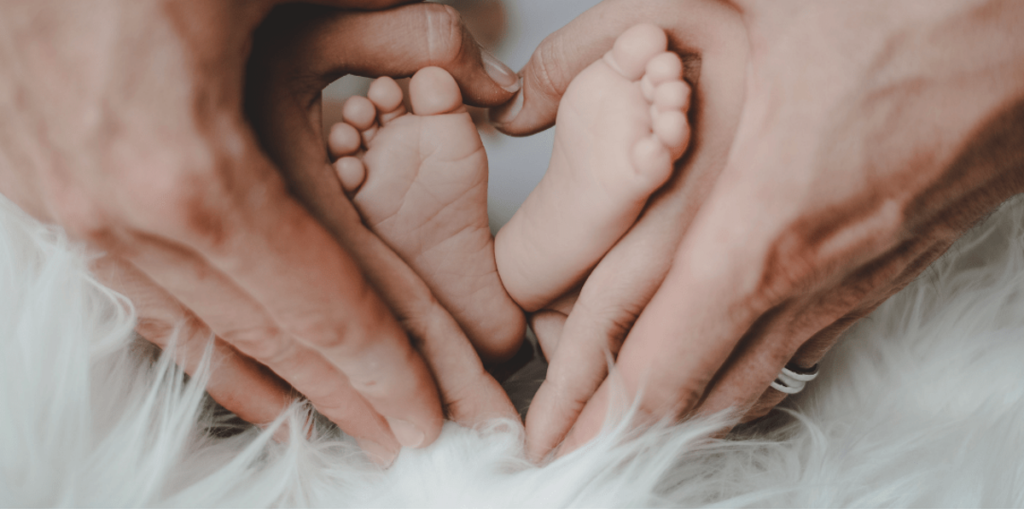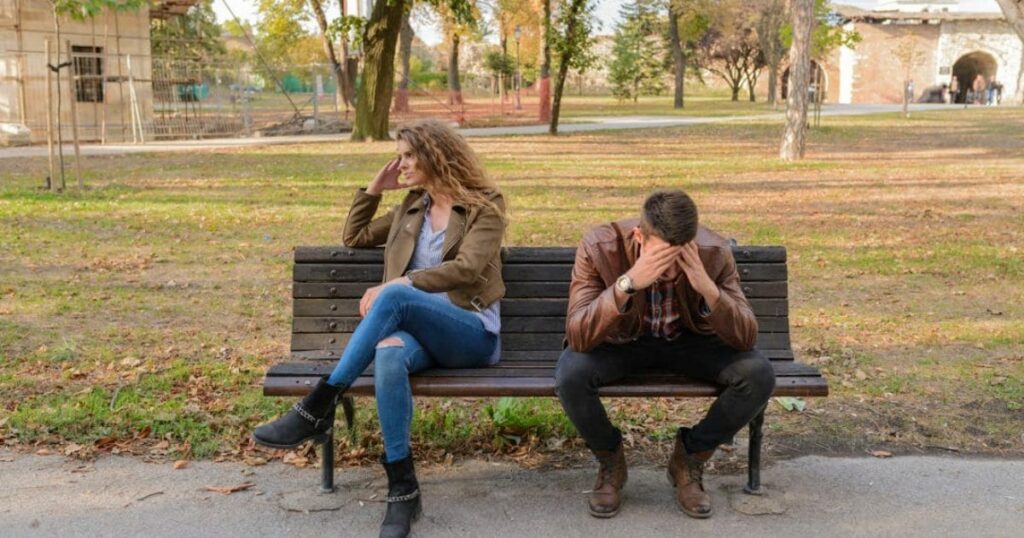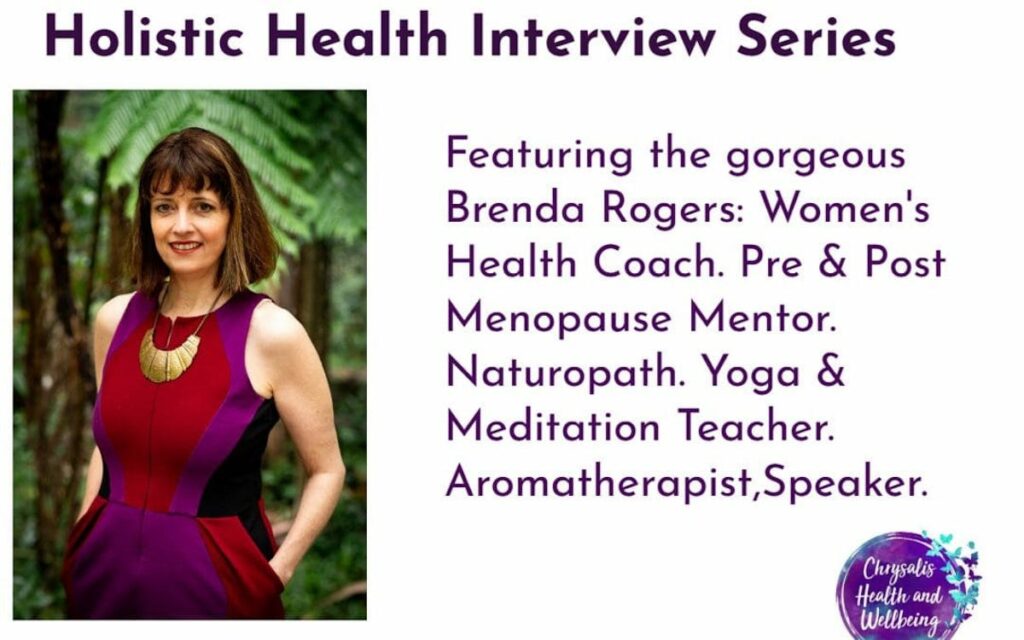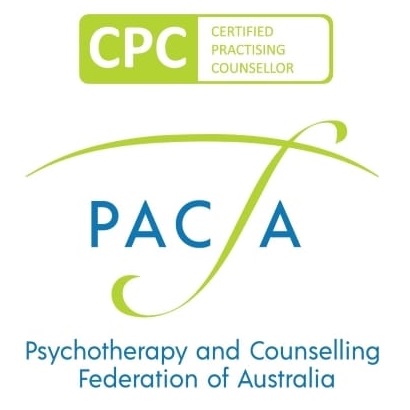Trauma is often at the root cause of many problems and health issues.
Even with the most idyllic childhood, at some point in our journey as humans, we are going to experience some level of distress. Distress can be on a scale from a short, acute episode that is resolved, to deep traumatic disturbances that impact our daily functioning in the world.
It is estimated that currently 70% of the world’s adult population suffer with PTSD (post-traumatic stress disorder).
Trauma can be defined as ‘a response to a deeply distressing or disturbing event that overwhelms an individual’s ability to cope, causes feelings of helplessness, diminishes their sense of self and their ability to feel the full range of emotions and experiences’ https://integratedlistening.com/what-is-trauma/.
The word trauma is derived from the Greek word ‘wound’. It creates loss of feeling, and reduced flexibility in responding to the world. It interferes with your ability to develop. It forces you to act out of pain and fear that you try to escape from, but which rules your life. Trauma is what happens INSIDE you as a result of what happened to you.
People experience trauma differently. A traumatic event does not necessarily leave every person in a state of long-term trauma, and I wish to make it clear that suffering a trauma does not necessarily lead to PTSD. However, traumatic past experiences can leave people more vulnerable to the ability to recover from subsequent experiences.
Trauma activates our primitive physiological survival response in the face of (real or perceived) threat: flight/fight/freeze. We have no control over this. Children are rarely able to flee perceived threat so dissociation or ‘spacing out’ or ‘shutting down’ is their coping mechanism.
Animals are perfectly adapted to traumatic incidents. If you’ve seen a gazelle galloping for its life on a wildlife documentary, you will have seen that, if it escapes and the danger passes, it will shake itself vigorously and move on as if nothing just happened. They instinctively know that the traumatic experience has to move through their bodies in order for it to pass.
Something has disrupted humans’ ability to cope with trauma, and so what often happens is that the traumatic memory gets trapped in the body, unable to be properly processed by the brain and ‘filed’ in the past. This is what a flashback is: a sudden and powerful remembering of the past as if living it in the present. Flashbacks can be utterly debilitating and exhausting.
The Destruction of Trauma
Trauma can leave a long and devastating trail of damage. These are just some of the symptoms:
- Anxiety and feeling hypervigilant (on high alert)
- Depression
- Risky behaviour
- Chronic pain
- Excessive alcohol use
- Addictions – sex, drugs, shopping, gambling
- Quick to startle
- Self blame
- Deep shame and lack of self-worth
- Intense inner critic
- Physical health symptoms – endocrine, immune issues, foggy brain
- Avoiding interacting with people/relationships
- Poor personal boundaries
Types of Trauma
Single incident trauma
Single incident traumas can include:
- Car crash
- Witnessing/experiencing near-death
- Witnessing death
- Relationship betrayal
- Bullying
- Disasters
Complex trauma
Many people experience multiple or repeated traumatic and abusive events at the hands of parents, family, friends and strangers, which leads to complex trauma. Complex trauma involves:
- Feeling trapped and controlled
- Planned/intentional, extreme and repeated over time
- Damage to all aspects of life – physical, emotional, psychological, social and spiritual
- Damage to self-esteem, sense of self, identity, and emotion regulation
- More extreme coping mechanisms such as drug and alcohol abuse, self-harm, addictive tendencies
Developmental trauma
Attachment disorder – Abuse, neglect (emotional and physical), abandonment damages child’s cognitive development.
Childhood neglect is the worst form of trauma, as research studies have shown how the lack of basic human need such as touch and eye contact between infant and caregiver can lead to death in babyhood. The child is unable to form a basic sense of self through the interaction of the parent or caregiver.
As Gabor Maté explains in this interview, as children we need acceptance from our environment in order to grow as healthy humans. If our environment cannot support an expression of healthy emotions then the child unknowingly will suppress their emotions in order to stay connected and accepted by their environment, in order to be a ‘good’ child or a ‘nice’ child. This is a primal survival mechanism, but leads to huge disconnection from our selves.
Ancestral Trauma
The big question here is: ‘is the trauma actually yours?’ Ancestral, or inherited trauma, is a fairly new area of trauma study whereby unexplainable symptoms that are expressed (ie they suddenly appear out of context to your life) may be able to be traced back to family members two or 3 generations back.
This makes sense if you understand that trauma changes you at a very deep level. So deep that it can affect your DNA, and this then informs the body to manage the trauma in a particular way.
For the ancestor that experienced the trauma (eg living through WWII bombings), the coping strategies may have been adaptive and helpful (such as quicker reflexes), but some may have been maladaptive and unhelpful (hypervigilance and severe anxiety). Symptoms in the current generation may get triggered suddenly and unexpectedly at a certain major stressful life landmark, such as marriage, relationship breakdown, car crash, etc.
If you are interested to explore this further, Mark Wolynn’s book ‘It Didn’t Start With You’ would be a great place to start.
Despite the sometimes long road required to treat trauma, It is absolutely possible to recover and lead a healthy, fulfilling life. I have seen it with my own eyes, and I am truly humbled and in awe of my clients who have turned their life around. They are the strongest people I have the pleasure know.
If any of what you have read resonates with you, and you wish to start making changes in your life, click on the link below and let’s have a chat.
About Kate
Kate is a counsellor and energy healer based in Sydney’s Hills District. She has identified a common thread amongst trauma sufferers; and that is that they appear to suffer from similar physical symptoms and ailments, along with a history of unresolved trauma of some description. These can have massive and devastating impact in all areas of a person’s life. Kate supports her clients on their healing journey in a holistic sense. This involves helping to process and resolve trauma in the body, help clients choose appropriate nutrition, and address lifestyle issues and old belief patterns that no longer serve them. Clients report feeling calmer, more in control, and with greater self-awareness able to make self-affirming life decisions from their core of inner knowing.
Book a free 20 minute consultation in order for you to discover if counselling is the right step for you and whether Chrysalis Health and Wellbeing would be a good fit for your needs.
